Your login information returned multiple users. Please select the user you would like to log in as and re-type in your password.
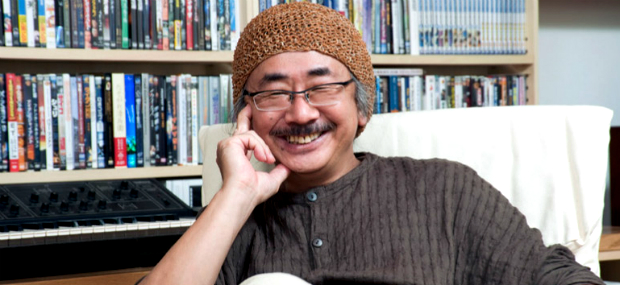

Continuing from the first half of the Q&A, here's the finale.
Q I was wondering if there's one individual song that you're the most proud of?
Which do you think?
Q I liked One-Winged Angel.
Mm, yeah, that was pretty good too. There's a lot of theme, such as Final Fantasy 7's Aeris Theme, To Zanarkand, Dancing Mad.
Q Just curious with the evolution over time of the video game industry, both with the advance of technology, and just the popularity of the games that you've worked on, what changes have you seen that have surprised you since you started working in the industry?
So originally it went from the Nintendo system to the Super Nintendo system and that was the biggest change for him because before they could only use computer chip music then all of a sudden he gets violins and drums and bass. The environment that he used music expanded a lot. That was the biggest shock for him.
So another one of those changes was when the Playstation came out and he can start with Final Fantasy 8 with the song like 'Eyes on Me' could be a real song that could be in it.
Q Could you talk about your development as a composer? And your training, whether you studied counterpoint and theory and maybe any schools or whether you come from rock music primarily? How the rock has influenced the classical music, and vice-versa.
He never had any particular formal training, he never really learned to play the piano or learn to do music as a theory. His older sister really likes music, so there are violins and mandolins and pianos and everything that's kind of all over his house. As a kid, with a toy, he'd kind of sit there and play around with it. So it was mostly by himself just learning to do it. He read a couple of books, he just played around, and learned that way how to play music.
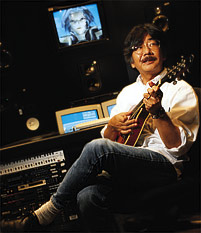
Q When you work on a larger piece like Dancing Mad there's some obvious references in there from your other work. Do you draw multiple inspirations for a larger piece or is it all really from one area?
So in going to compose some of those longer songs he would take up all these pieces, you know he'd seen the battle scene, just three minutes long isn't going to cut it. So he obviously decided that he needed something more in the fifteen minute range is what was needed for that time. But you know of course the way that he composes is in parts, so rather than be a fifteen minute long song, for him that's four pieces of shorter music together.
Q You're an orchestral composer, and you say you grew up in the 70s and strongly influenced by 70s music, I was wondering what your favorite style of music was.
He's saying with rock music you can kind of do whatever you want, whether it's heavy metal or putting an orchestra in a rock and still call it rock. Whereas something like classical music, if you stick an electric guitar in there people will get super mad at you. If he had to pick one it would be rock music, just because the different kind of things that you can do with it.
Q I was wondering how you were able to put yourself in that place to create a song that has so much emotion, whether it's excitement, or deep sadness. How are you able to express that though music?
He's not quite sure. So for him if he's going to create a song a little sadder then he's kinda got to sad mood in order to do that. The same time if it's a battle song or the happy song, he's got to get into that mood to create. And that is.. even though there are so many different countries out in the world, the feelings are kind of one of the human truths that are the same across everybody. Him, sitting there as a Japanese composer creating a song that he thinks is sad, it translates to you that way as well.
Q If you were an animal, what kind would you be? If someone made a documentary about your life, which is an actor or music artist you'd want to have play the young version of you?
A dog. And for the documentary question.. (long pause thinking) ...Jack Black.
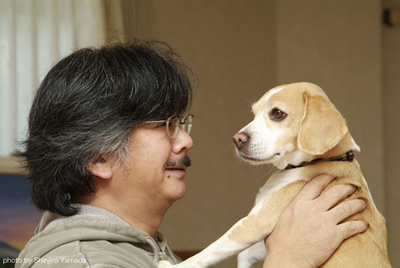
Q I wondered if you ever felt a sense of nostalgia working with Sakaguchi-san? If you ever think, "Ah, that brings me back to the old days", or anything like that.
For him it didn't feel like that long of a time since even in-between Final Fantasy and The Last Story, he was still doing things like Blue Dragon. So even that Sakaguchi is living in Hawaii now, whenever he comes back to Japan they always go out for drinks and stuff. So now they're just drinking buddies.
He was doing some concerts in France and in Belgium, kind of orchestra concerts, and Sakaguchi flew all the way out to see them so.. he's a really good guy.
Q How do you feel about, say, collaborating with another artist? If you are into that, who would you feel like collaborating with?
He says there's a lot of really good composers out there so he's afraid not to do it with anybody else.
An amusing side note, as this conference took place in Kansas, the translator had earlier told Uematsu that Kansas was the place where Wizard of Oz takes place. He quickly asked the translator where to go to buy Wizard of Oz merchandise. The fans at the panel quickly shouted out different places and the translator looked overwhelmed, so Uematsu just responded:
Nobuo (in Japanese): I'll go, I'll go! I'll go to all of them!
And yes, the question was asked. After some confusing translation, Uematsu-san let the world know he would rather fight a horse-sized duck than a hundred duck sized horses.
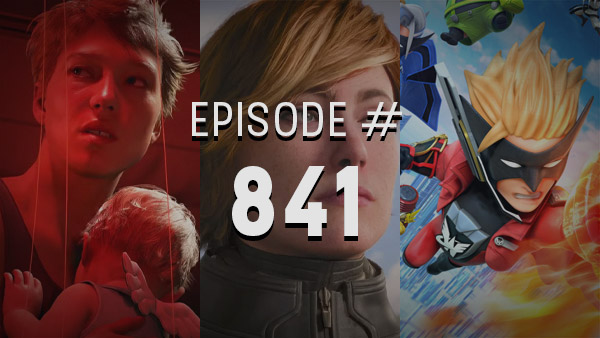
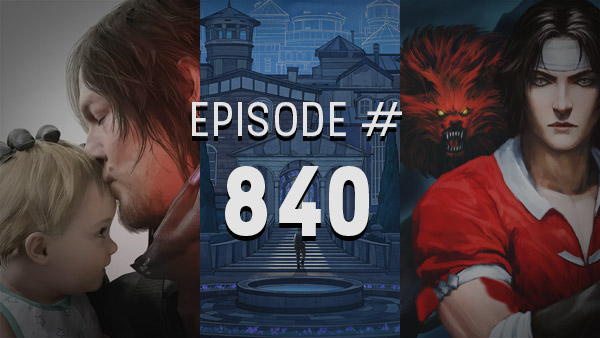
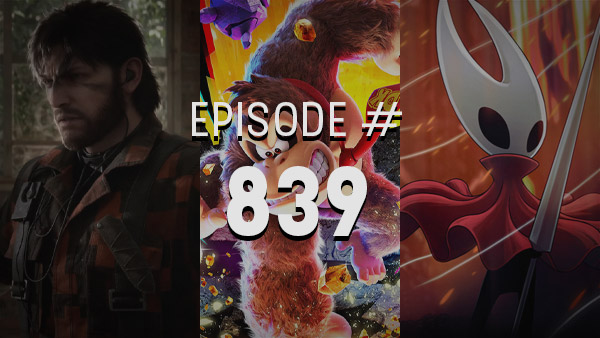
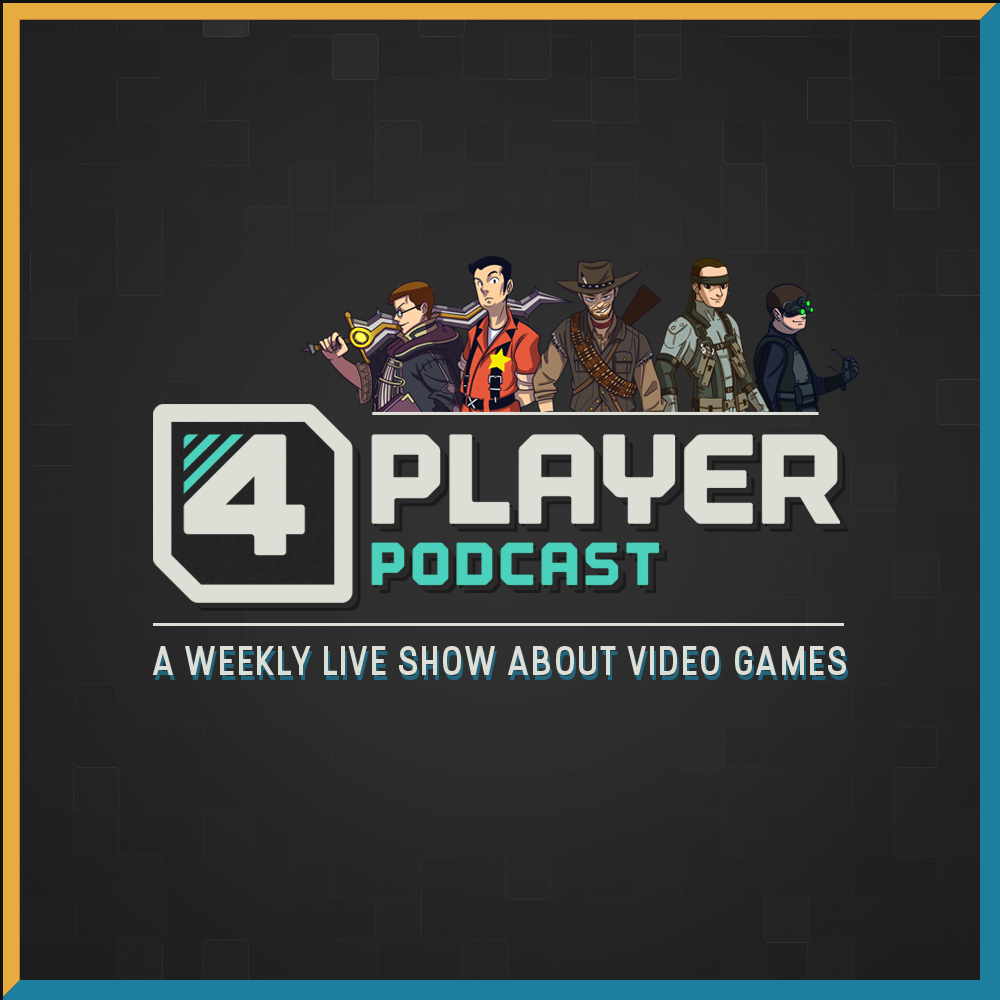
Comments
12 years, 3 months ago
In the first part you used a roman numeral and here you used a normal number. How unprofessional.
12 years, 3 months ago
Great job with this interview, hope you can do more in the future. Looks like many game composers were mainly self taught, that explains a lot mmm.